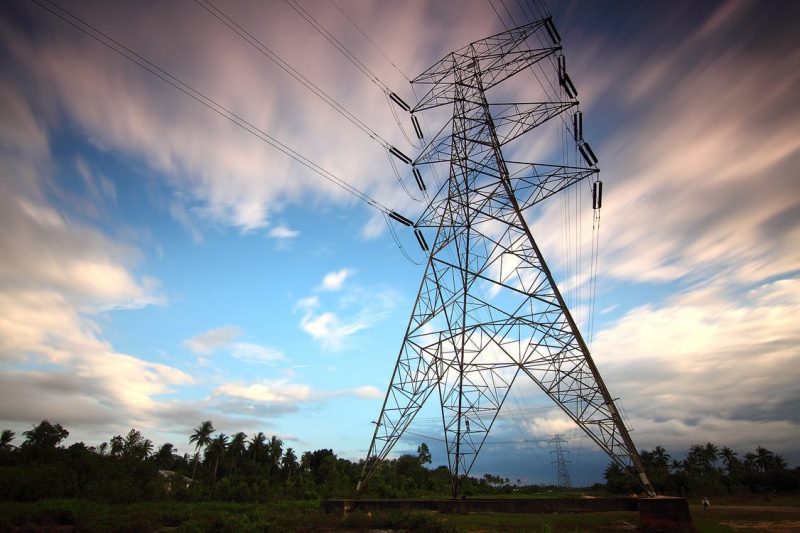latest
Mass. Department of Public Utilities changes schedule of electric service rates to reduce large swings

BOSTON — The Massachusetts Department of Public Utilities has issued an Order approving changes to the schedule used by Eversource and National Grid to purchase and set rates for basic service electricity supply. The schedule change is expected to mitigate large seasonal changes in basic service electricity supply prices and differences across electric distribution companies.
In January 2023, the DPU opened an investigation into the procurement and pricing of basic service supply in response to the significant increases that Massachusetts electricity customers experienced in basic service supply rates during 2022. These rate increases are the result of wholesale energy market dynamics, including the conflict in Ukraine, regional natural gas transportation constraints for electric generation, the uncertainty of basic service customer load, and the inclusion of the coldest winter months of January and February in the same procurement period.
This Order requires Eversource and National Grid to change their current basic service periods for residential and small business customers to six-month periods of February through July and August through January. Unitil already follows this schedule. For large business customers, the Order requires the following three-month fixed rate periods: February through April, May through July, August through October, and November through January.
“Due to our current reliance on fossil fuel generation, customers can experience significant volatility in electric supply prices,” said DPU Chair James Van Nostrand, “Today’s decision is an important step towards minimizing significant price swings for basic service customers, while we transition to clean energy sources that will not only help stabilize energy rates but also lower emissions and improve air quality.”
Under Massachusetts law, electricity supply is procured in a competitive market. The Massachusetts electric distribution companies are required to contract for an electric supplier on behalf of customers who do not select their own supplier (a competitive supplier or a municipal aggregation program). Basic service is procured through a competitive bidding process, and the distribution companies pass that cost on to their customers without profit to the distribution company.






Read the fine print.
September 6, 2023 at 12:01 pm
So hey, anyone from Somerset, Swansea, etc. turn over your electric bill and see how much you are paying to your “community” and why are we paying for electric car charging when we don’t own an electric car? So, I opted OUT of my community electrical program and saved already 100 a month. What a scam!